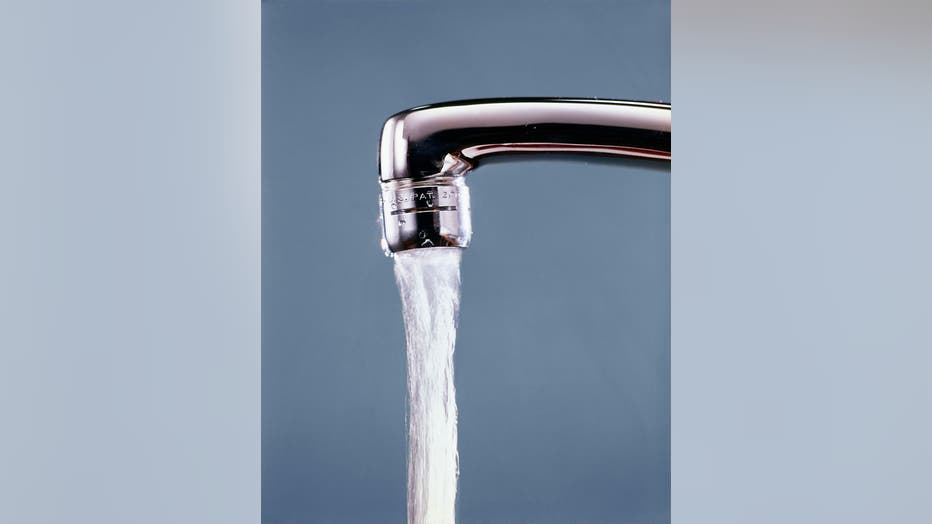Watchdog finds widespread evidence of 'forever chemicals' in drinking water
WASHINGTON (FOX 5 DC) - A watchdog group is raising the alarm after finding widespread evidence of dangerous substances lurking in our drinking water. The Environmental Working Group took 44 samples from 31 states and Washington D.C., finding per- and polyfluoroalkyl substances (PFAS) in all but one of them.
The “forever chemicals,” as they’re called, do not break down and accumulate both in the environment and in the human body. They’re common in household products like non-stick pans, carpet and paint, along with fire-fighting foam, which often leads to contamination around airports and military bases.
DOWNLOAD: The FOX 5 DC News app for local breaking news
The CDC says there is evidence that exposure to PFAS can have adverse health effects.
According to EWG’s report, D.C.’s water had 21.7 parts per trillion, while Prince George’s County had 17.8 parts per trillion. The EPA does not regulate PFAS but considers 70 parts per trillion to be the healthy limit. Both municipalities fall well below that level.
However, Senior Scientist with EWG, Tasha Stoiber, says, “We believe that a much lower drinking water limit is in order. PFAS can affect nearly every system in the body and especially the immune system is very sensitive to PFAS so for these reasons we believe that a much lower drinking water limit of one part per trillion is what we would point to for our drinking water.”

1990s CLEAR FRESH SAFE WATER POURING FROM KITCHEN SINK FAUCET (Photo by H. Armstrong Roberts/ClassicStock/Getty Images)
Last week, the U.S. House passed the PFAS Action Act, which faces an uphill battle in the Senate. The EPA also has a PFAS Action Plan, but critics say the agency has been too slow to implement it.
In a statement to FOX 5, WSSC Water, which services Prince George’s County, said in part that “While there are currently no Federal or State regulations mandating the monitoring or treatment of PFAS, WSSC Water conducted extensive PFAS testing over four years, 2014 through March 2018, and found no detectable levels of these contaminants in our drinking water supply. Furthermore, there are no known PFAS contaminated sites located upstream of our drinking water sources.”
DC Water also released a statement to FOX 5, saying in part, “Testing in 2014 by DC Water and other local utilities did not detect the chemicals, but the detection threshold was higher. Newer, more precise methods of testing have since been developed to detect very low levels of PFAS, and the report confirms the PFAS detected in tests conducted in DC are at levels well below any established EPA health advisory for these compounds.”
If you’re concerned about PFAS in your drinking water, you can purchase a reverse osmosis system, which runs from $150 into the thousands of dollars. Experts also recommend that you avoid purchasing household products that contain PFAS.

